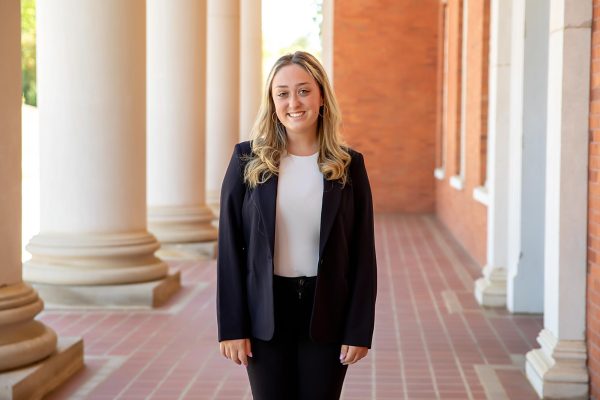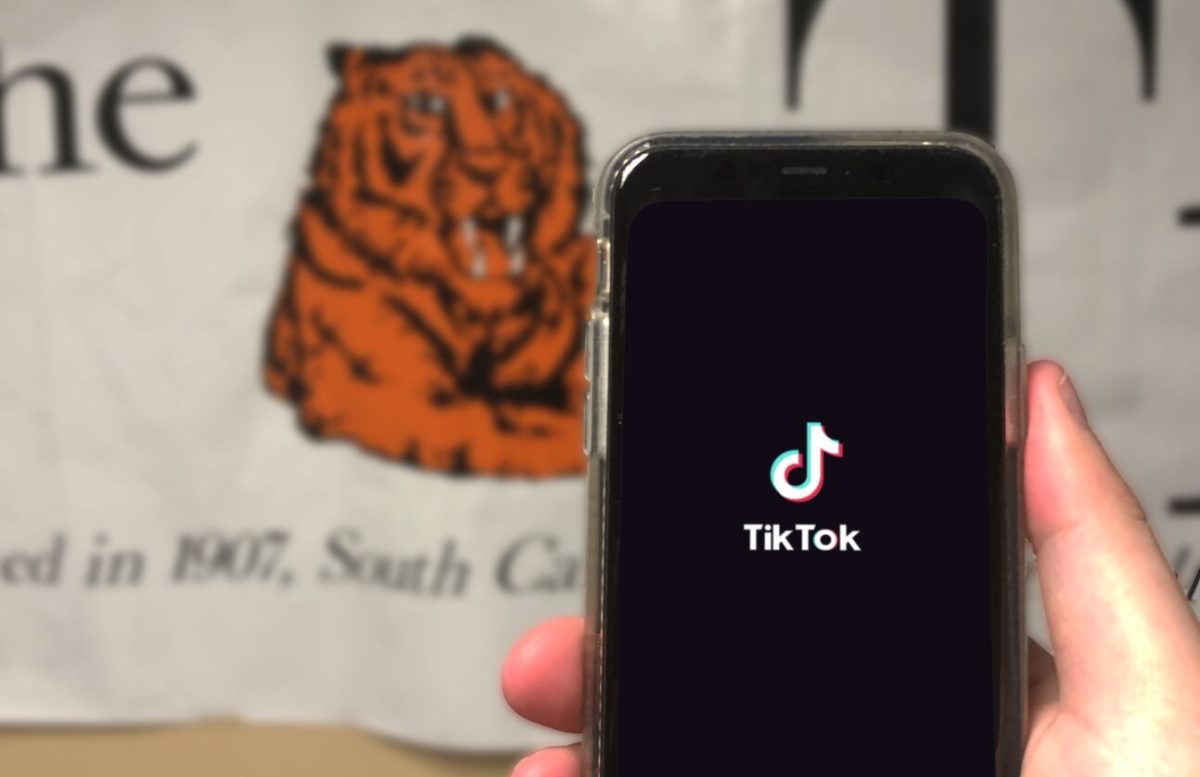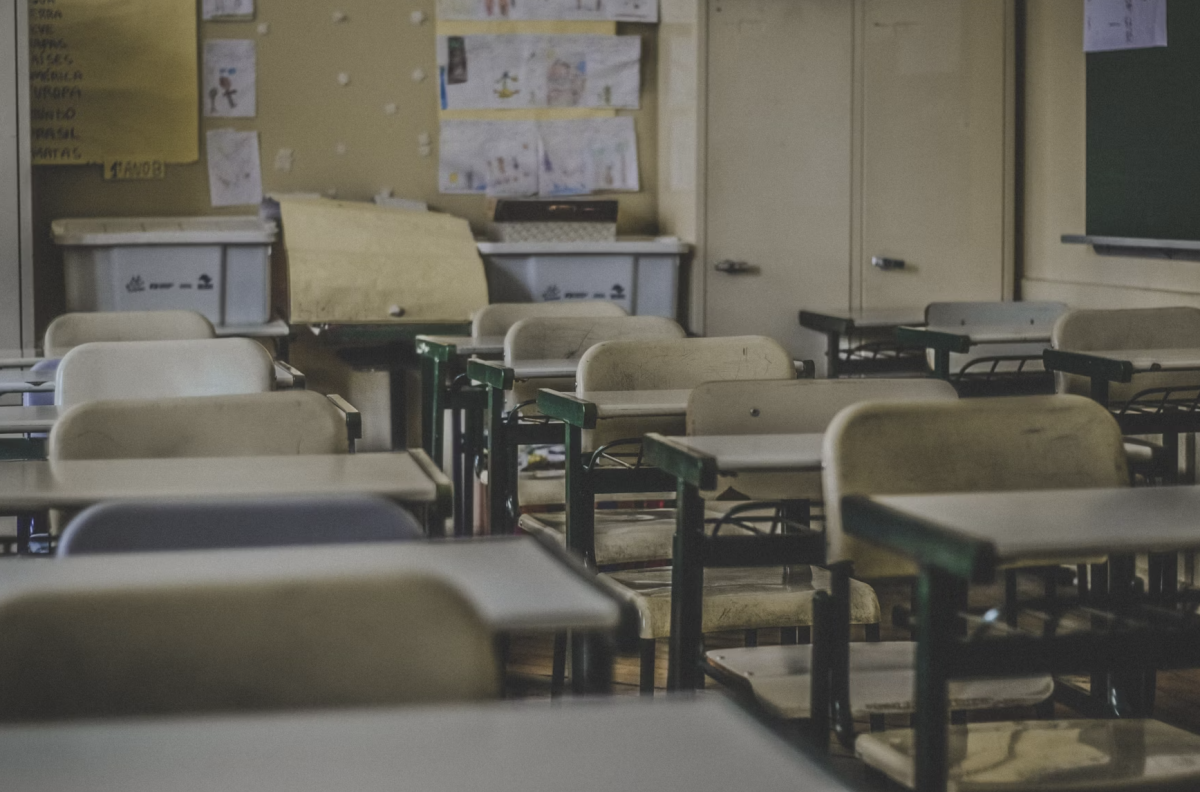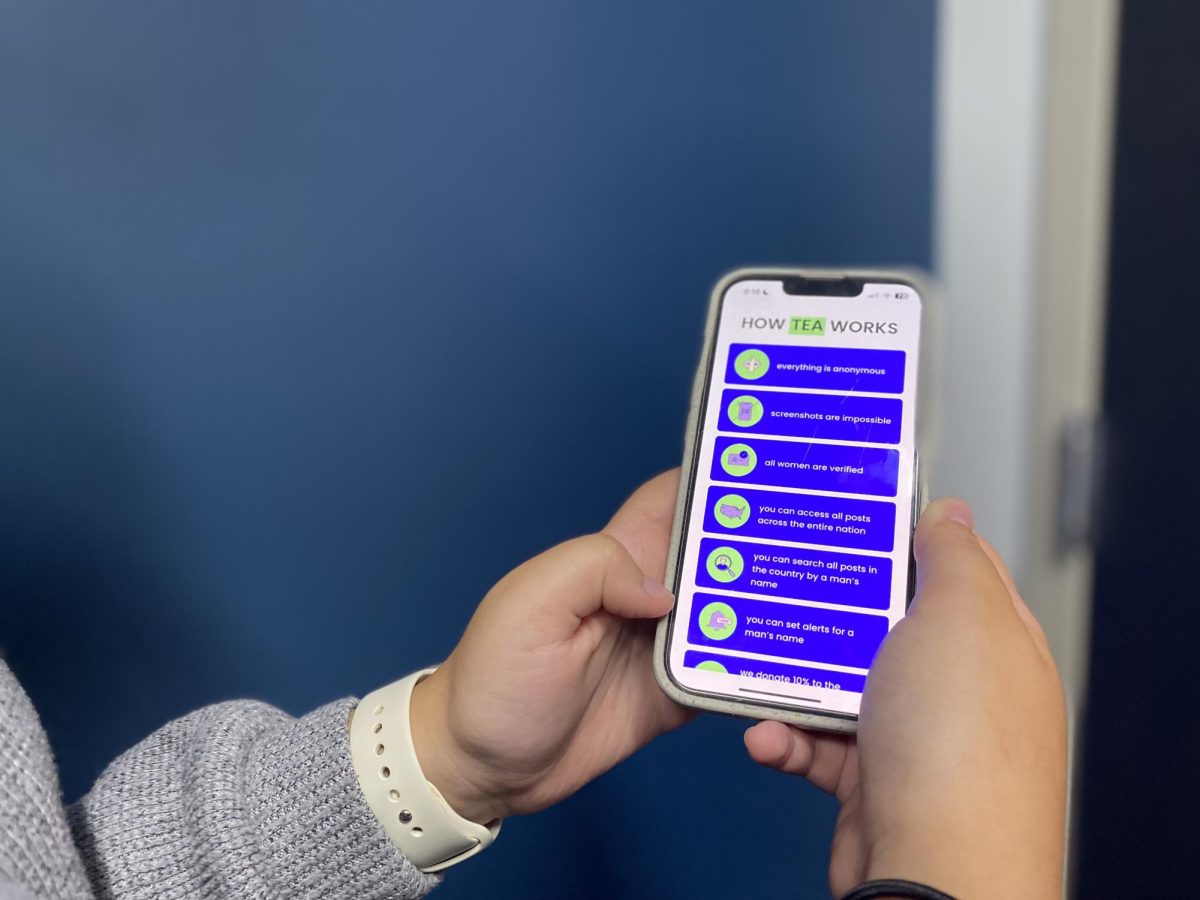The South Carolina Department of Education removed 12 books from the K-12 public schools during their meeting at the beginning of April. As more power in education has been given back to the states, it is clear that some states have taken more interest in banning books placed in schools for decades.
The South Carolina Department of Education has recently voted on 17 different novels that contain “sexually explicit content.” However, only 12 of them were considered completely removed from the South Carolina education system. For now, they have saved works like “1984,” “Romeo and Juliet,” “The House on Mango Street” and “To Kill a Mockingbird.” However, that is not to say that they will not eventually get rid of them.
Some of the works that have been completely removed include “A Court of Thorns and Roses” series, “The Perks of Being a Wallflower” and “Ugly Love.” Whereas the system claims that all of these books are “sexually explicit,” I see them as real. These books capture the real world and have the main characters relatable to what happens to everyday people.
On the track the South Carolina Department of Education is heading, they will eventually eliminate famous works that most of us grew up reading and loving. It is unclear as to why there is such an emphasis on getting rid of explicit books when violent video games and R-rated movies are still prevalent, ones that I could guarantee students are playing or watching.
So why books? These novels have been implemented since before our time, and most students already do not want to read them, so why would we take them away?
We should not be shielded from the truth of the world; books bring creativity and knowledge, which is ultimately what they are taking away, not because they are “sexually explicit” or do not follow a belief.
What’s next? Banning “Fahrenheit 451,” the book explicitly about books being outlawed and then burned? These decisions should be about whether or not the book will negatively affect the reader, not if the Department of Education for the state disagrees with the topics.
I read most of these books throughout my time in high school. I find them captivating and informative for the time they were written and overall staples to what the education system stands for.
They have put up 10 more books as of April 18, so who’s to say they won’t get rid of the novels we call classics?
Alexis Nigro is a senior political science major from Howell, New Jersey. Alexis can be reached at [email protected].










